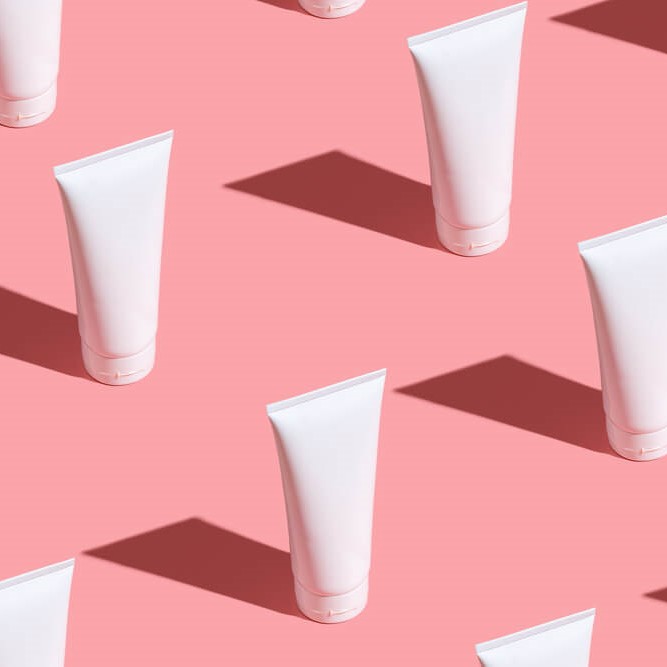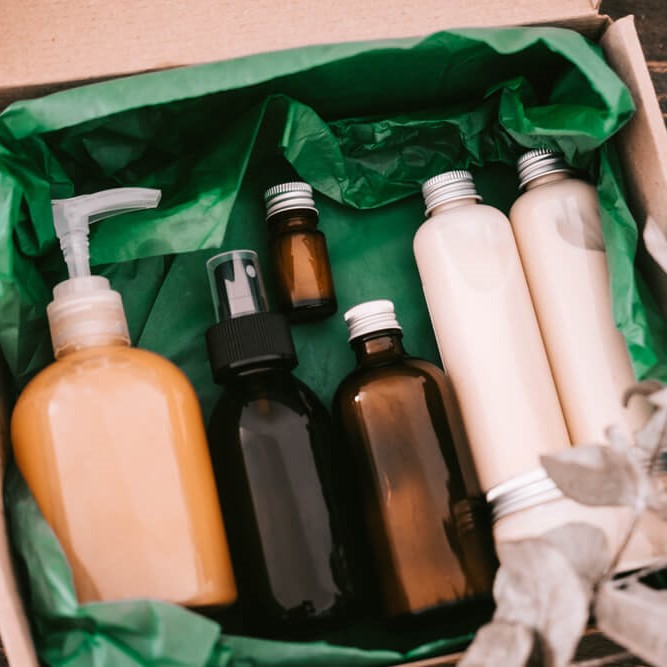Wondering if private label manufacturing could help you create a profitable business? That all depends on the niche you focus on. If you’re looking to make your mark on the burgeoning private label beauty sector, keep reading as FLPL shares some insider knowledge on 12 product categories that are really thriving at the moment.
1) High Quality Face Serums
If you want to see healthy profits while also building a solid reputation for your brand in the skincare niche, high-quality face serums are the way to go. The face serum market has been rapidly growing and shows no signs of slowing down. While its current worth sits at around $6 billion, this is set to soar to $8.58 billion by 2030. It’s an impressive rate of growth that a new private label beauty brand could easily capitalize on.
With that said, keep in mind that quality is key. Consumers don’t want generic formulas that are all show and no substance. They’re seeking out high-powered products that feature the industry’s most cutting-edge ingredients. Think advanced forms of vitamin C, different molecular weights of hyaluronic acid, boundary-pushing antioxidants, and other ingredients that are classic yet trendy at the same time.
2) Everyday Skincare Essentials
The skincare market is a multi-billion-dollar industry that promises strong growth and high profits, making it no surprise that so many private label beauty brands are drawn to this sector. Unlike some other beauty products, skincare is needed by just about everyone, giving you a vast consumer base to start with.
While some brands choose to specialize in certain types of products, like the high-quality face serums we just discussed, others find success in producing a range of skincare essentials. Cleansers, moisturizers, and sunscreens all fall into this category. This widens your target audience in a big way. Although it’s still important to carve out your own micro-niche within the skincare market, combining that with the concept of everyday essentials could really help your brand to thrive.
3) DIY Nail Care
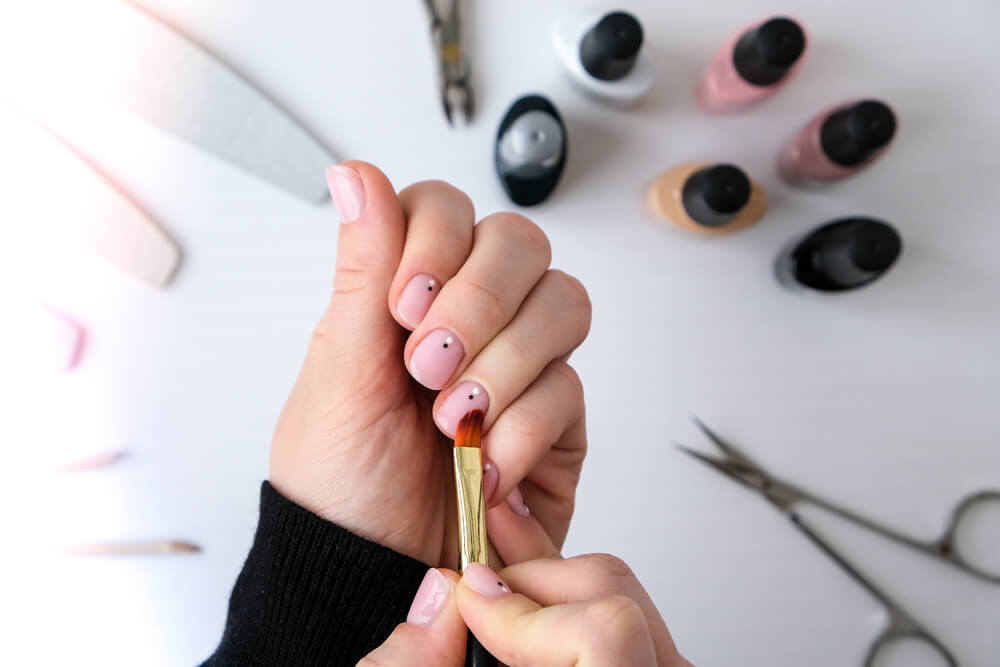
Social media has had a significant influence on the nail care market. Many attribute the market’s recent and sudden growth to social media, with more and more consumers not only paying attention to personal hygiene, but also seeking out ways in which they can express their personality through their nails.
Pretty much every aspect of DIY nail care is currently thriving. However, nail enthusiasts have taken a particular liking to gel nail polishes. DIY nail gel kits are on the rise, with these at-home products offering consumers a more affordable alternative to nail salon visits.
4) SPF Moisturizers
Every private label beauty brand should keep an eye on skincare trends. Sometimes, bringing two trends together is a great way to really make a name for yourself.
This is where SPF moisturizers shine. The general public has finally started to pay more attention to sun protection. This has come at a time when multifunctional skincare products have taken center stage over the single-ingredient formulas that previously dominated. SPF moisturizers, therefore, give people a way to cut out a step from their skincare routine while still ensuring that their skin is fully moisturized and protected. It’s a win-win!
5) Scalp Care
While hair care used to be all about the hair, consumers are now recognizing the role that the scalp plays in all of this. Hair grows from the scalp, meaning that maintaining a healthy scalp can often give you healthy hair as a result.
Cue the rise of the scalp care niche. Scalp care has now become a big focus, one that moves way beyond shampoos. There are so many products in this category that are just waiting to be further explored by brands. Scalp serums, exfoliators, overnight treatments, and more are starting to become much more popular. This is only set to continue, making it a product category worth looking into.
6) Innovative Face Masks
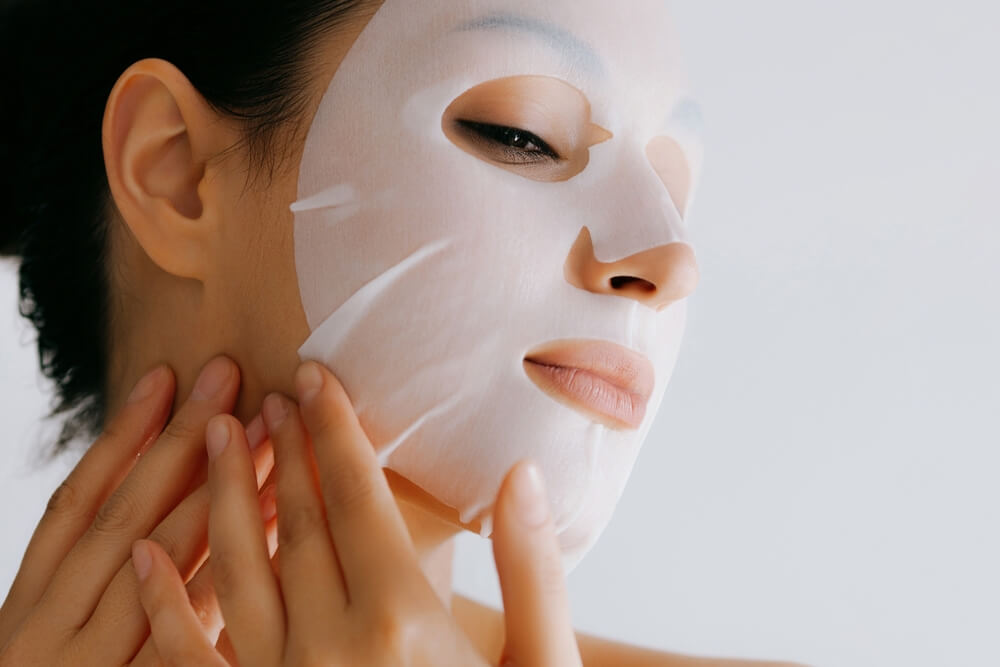
One of the great things about private labeling is that this manufacturing model is so accepting of innovation. With smaller minimum orders, an experienced R&D team at your disposal, and, in the case of FLPL, a unique ingredient catalog to experiment with, you can really play around with your ideas. This is why many of the more innovative face masks out there have been produced by private label beauty brands.
What do we mean by innovative face masks? Think outside of the regular sheet/clay mask box. Mix-it-yourself masks that feature various ingredients that can’t be pre-mixed, 3-minute masks that can be used in the shower, face masks in stick form to make application a breeze – each one takes masking to the next level while also making practical sense. It’s no surprise that they’re doing so well!
7) Dry Shampoos
Dry shampoo is another product category that’s currently booming. Why? It’s partly because modern-day lifestyles are so hectic and busy. A dry shampoo buys you extra time before your next hair wash. Waterless beauty products are also trending, and dry shampoo is a prime example.
Compared to other hair care niches, this one is still relatively unexplored. Private label beauty brands are starting to specialize in various types of dry shampoo. However, there’s still plenty of time for new brands to get in on the game too. Whether your dry shampoo is designed for a certain hair type, a certain climate, or anything else, hone in on exactly what your target audience wants.
8) Organic Skincare
This one will come as no surprise – organic skincare has been a growing market for a while. Private label beauty brands that produce organic products have always stood out, and this is still the case. In fact, the move toward organic and sustainable skincare is only becoming more prominent. It’s a good stance to take for any beauty brand that wants to stay relevant.
The fact that the growth of the organic skincare market has been so momentous isn’t a secret. So, how can your brand compete against all of the others that are trying to get a foot into this ever-expanding market? Focus on differentiating your organic skincare products. Whether this means using a hard-to-find natural ingredient or highlighting a super-sustainable ingredient harvesting method, go all in with your commitment to the environment.
9) Beauty Tools
With more and more people seeking DIY alternatives to professional treatments, the demand for beauty tools has been steadily growing. In fact, the market is set to be worth more than $103 billion by 2032. This makes now a great time to launch some private label beauty tools of your own.
What sort of tools are doing the best? Consumers are seeking out both low-tech and high-tech tools. From gua sha tools and derma rollers to LED light therapy devices and facial cleansing brushes, these tools give people a way to enhance their skincare routine without having to overload their skin barrier with yet another topical product.
10) Color-Safe Shampoos
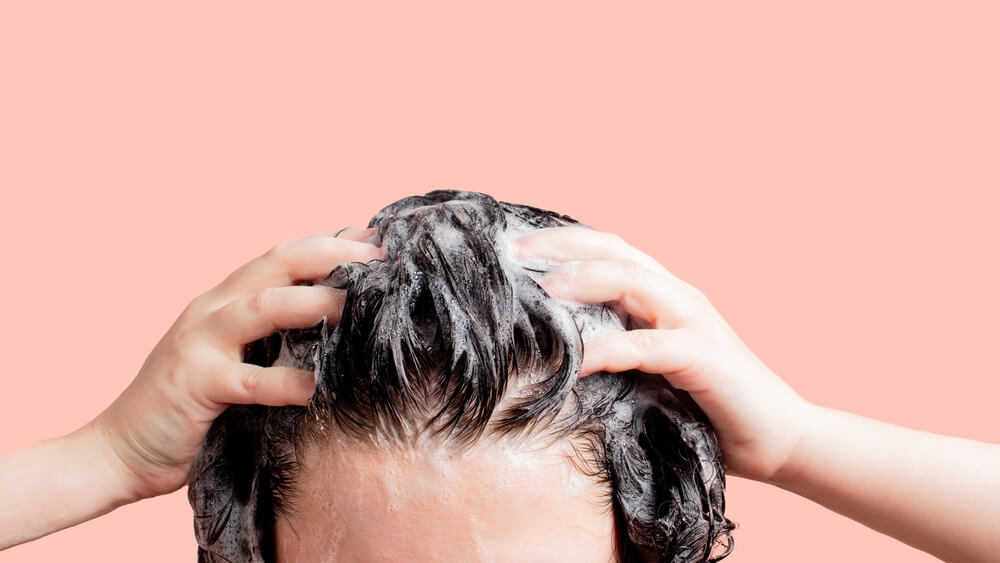
Many private label beauty brands are venturing into the world of specialized hair care. Rather than trying to compete with the many generic hair care products that are already out there, they’re targeting specific niches that help their products to stand out.
There are several micro-niches within hair care that are currently thriving, with color-safe shampoos being one. These formulas are designed for people who dye their hair. Unlike regular shampoos that strip away hair color, these products preserve those vibrant shades for much longer. To really take them to the next level, brands are now producing specialized color-safe shampoos. These formulas are designed for specific hair types and hair colors. This allows consumers to fine-tune their hair care routine even further, which is exactly what people are increasingly trying to do.
11) Lip Care
Lip care may be a relatively small product category in comparison to some of the others we’ve discussed. However, it’s one with plenty of opportunity. The rise in interest in personal grooming has led to growth in the lip care market. This is something that your private label beauty brand could be a part of.
Currently, lip balms are where you’ll find the biggest market share. This sector is consistently growing, meaning that there’s plenty of space in the market for more. With that said, if you’d like to come in with a relatively new product, high-end lip scrubs, lip oils, lip serums, and lip masks are also gaining traction. Think skincare products, but for the lips rather than the face. The more innovative you can be with your lip care ideas, the more of an impact your products will have on the market.
12) Specialized Sheet Masks
We’ve already talked about how innovative face masks are having a moment. However, the more classic types of face masks, like sheet masks, aren’t going anywhere either. In fact, with private label brands now producing a range of specialized sheet masks, these masks have been making a comeback.
What is a specialized sheet mask? They usually have more complex formulas. Rather than targeting a single visible skin concern, they offer multitasking properties with results that are reliably consistent. Being premium products, they usually come with a higher price point, which means larger profit margins for your business.
Picking a Winning Product Category for Your Private Label Beauty Brand
As you can see, there are plenty of avenues to explore when it comes to private label beauty. All of the product categories that we’ve discussed above will get you far, so long as you ensure that there’s a demand for the micro-niche that you decide to follow. Plenty of market research beforehand is a must. A good private label manufacturer will also be able to provide invaluable guidance to ensure that you’re making all of the correct decisions for your brand.
If you’d like to know more about the private label beauty manufacturing services we offer at FLPL, click here to get in touch with us today!


